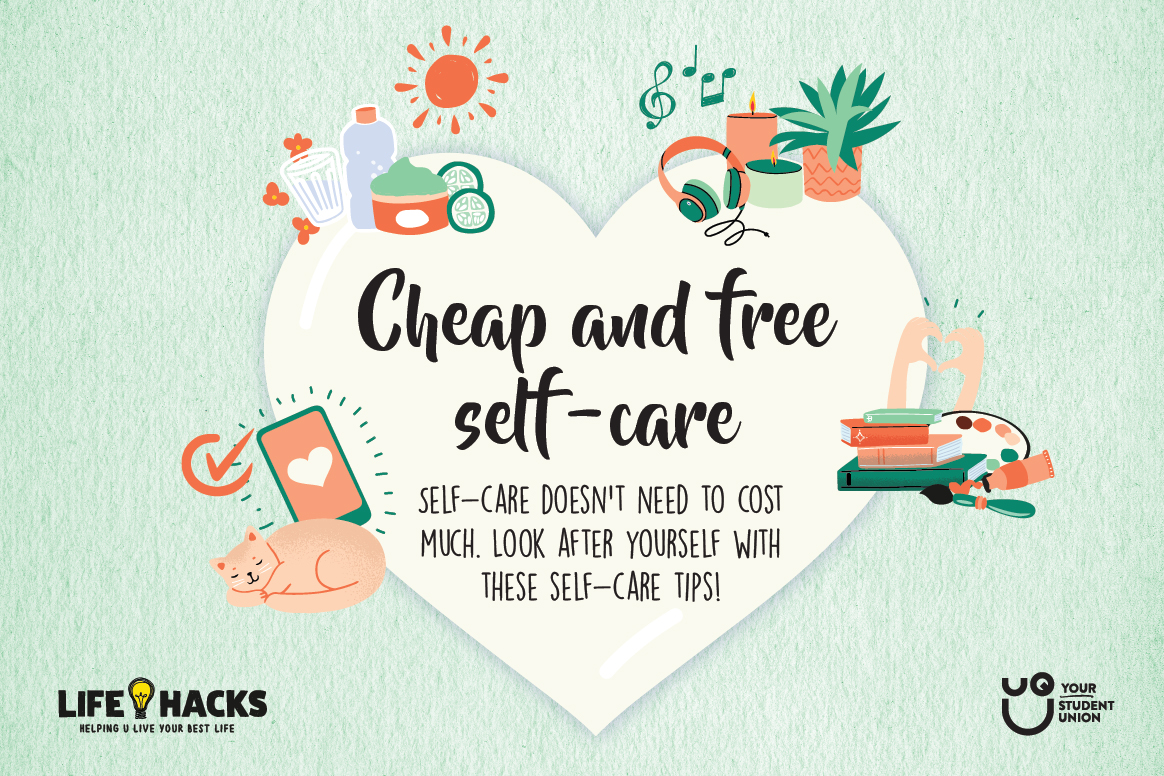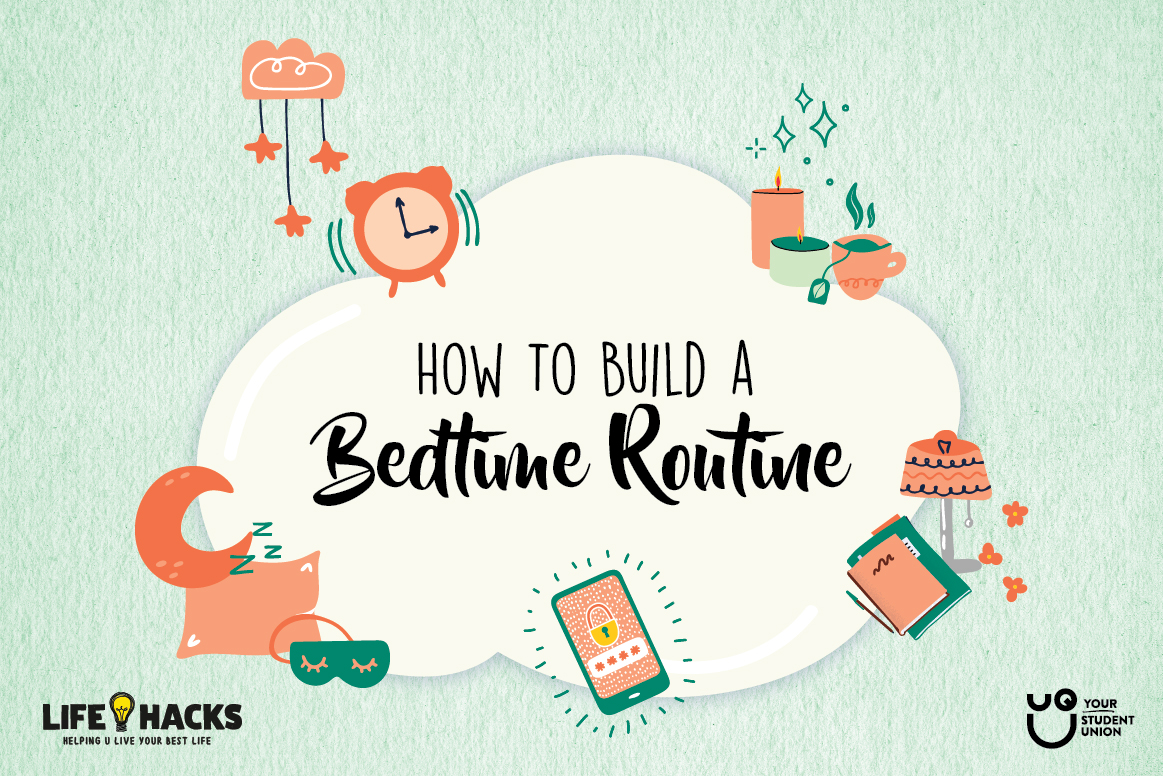You may have seen the term LGBTIQA+ or LGBTI+ around the web and here at UQU, but what does it mean?
Knowing and understanding what all the letters of the LGBTIQ mean can be tricky. Depending on the culture and country, LGBTIQ may have different letters and meanings. For example: In Australia you may see BB and SG for Brother Boys and Sister Girls in our indigenous communities.
Note: The term LGBTIQA+ refers to people who identify as Lesbian, Gay, Bisexual, Transgender, Intersex, Questioning and Asexual and other gender non-conforming identities. It’s important to note that LGBTIQA+ does not cover the full range of sexualities that people identify as.
Understanding the LGBTIQA+ Acronym
Lesbian
This is generally a term used to describe someone who identifies as female and is attracted to others who identify as female.
Gay
This is generally a term used to describe someone who identifies as male and is attracted to others who identify as male.
Bisexual
This is generally a term used to describe someone who is attracted to more than one sex or gender. This can mean men and/or women and/or people of various gender identities.
Transgender
Transgender (often shortened to Trans) is a blanket term that can be used in many different ways. Some people use it to indicate that their gender identity is not the same as the gender they were assigned at birth.
It is also used for some of the following words as well; Transitioning, Transgender Nonbinary, Trans Man, and Trans Woman.
Queer
Originally a term used in a derogatory sense, many LGBTIQA+ youth have embraced this word and given it a rebirth. It can be described as a broad umbrella term for anyone who may identify as being either gender, sexually, romantically and/or bodily diverse.
Questioning
This is for someone who is in the process of exploring their own sexuality and/or gender. It may involve experimentation and looking into one’s own family, cultural and religious history in the process.
Intersex
Intersex is a word used to describe people who are born with any of several sex characteristics. Intersex relates to a range of congenital physical traits or variations that lie between stereotypical definitions of male and female. There are many different forms of intersex variations, as such, it is an umbrella term rather than a single category.
Many Intersex people look no different to anyone else, with estimates of the size of the intersex population being similar to that of people with red hair.
Asexual/Ace
Asexuality is little or no interest in sex and/or sexual attraction to others. They may engage in romantic interests without any sexual behaviour involved.
This is very different to celibacy or chastity which is a choice.
Other terms that are important
Heterosexual
This is a term used to describe someone who is both romantically and sexually attracted to someone with a different gender identity to their own. This may also be described as ‘straight’.
Cisgender
This is a term for someone who identifies as the gender they were assigned at birth. A cis-male is someone who was assigned male at birth and whose gender identity is male. While a cis-female is someone who was assigned female at birth and whose gender identity is that of female.
Pansexual
This is someone who experiences both romantic and sexual attraction, regardless of gender and gender expressions. They accept individuals based off their personality, emotional and/or spiritual characteristics.
This is not the same as bisexuality.
Genderqueer
This may be a term for someone who does not identify/express themselves as either male or female, or their gender identity/expression may change from male to female throughout their life.
Did you find this article helpful? You might also enjoy our posts about How To Be a Good Ally for LGBTIQA+ People and Understanding Gender and Sexuality.
If you are currently dealing with issues around your gender or sexuality you can make a free, confidential appointment with our experienced Welfare Advocate/Social Worker who can support you with this, as well as link you in with other LGBTIQA+ supports and services here.
Please note: This article was written by qualified professionals using evidence based research but is not intended to be a singular resource on the topic. We encourage you to use this as a starting point to conducting your own additional research.




